Product Name: Aluminum Forging
Product Type: Metal Forging
Material: Aluminum
Shape: Customized
Surface Treatment: Anodizing, Powder Coating, Spray Painting, Polishing
Production Process: Die Casting, Press Forging
Advantages:
1. High strength-to-weight ratio
2. Superior mechanical properties
3. Enhanced resistance to fatigue and wear
4. Tight dimensional tolerances
5. Cost-effective production
| Color | Silver |
|---|---|
| Material | Aluminum |
| MOQ | 1 Pcs |
| Sample | Available |
| Place of Origin | China |
Product Details
MINGYU Tech is a premier aluminum forging and steel forging supplier specializing in the production of high quality, complex forgings for the automotive industry. With state-of-the-art equipment and advanced forging processes, we can produce parts that meet the demanding requirements of the automotive industry. Our team of engineers and technicians work closely with customers to provide cost-effective solutions that meet their exact specifications. We are committed to providing quality products and excellent customer service.
aluminum forging and steel forging is the process of shaping aluminum alloys using extreme heat and pressure, resulting in a strong and lightweight product. This manufacturing process has been used for centuries to create sturdy and reliable products, and has become increasingly popular in recent years due to the rise in demand for high-quality, lightweight and durable materials.
One of the main advantages of aluminum forging and steel forging is the strength-to-weight ratio of the final product. aluminum forging and steel forgings are known for their high strength and low weight, making them ideal for use in a variety of industries, including aerospace, automotive, and construction. This lightweight feature makes aluminum forging and steel forgings highly sought after, as they reduce the overall weight of the end product, resulting in increased fuel efficiency and higher payload capacity.
In addition to their strength and lightweight nature, aluminum forging and steel forgings also offer exceptional corrosion resistance. This is due to the natural formation of a protective oxide layer on the surface of the aluminum, which helps to prevent rust and other forms of corrosion. This makes aluminum forging and steel forgings an excellent choice for outdoor and marine applications, as well as in harsh environments where corrosion is a concern.
| Place of Origin | China |
| Material | Metal Aluminium Steel Copper Brass |
| Process | Forging+machining+HT+finish Machining |
| Surface treatment | Polishing |
| Application | Machinery Parts |
| Product name | aluminum forging and steel forging |
| Certificate | TS16949/ISO9001 |
| Color | Customized Color |
| Quality Control | 100% Inspection |
| Lead Time | 13-33 Days |
| MOQ | 1 Piece |
| Supply Ability | 214170 Piece/Pieces per Month |
| Quantity (pieces) | > 555 |
| Lead time (days) | To be negotiated |
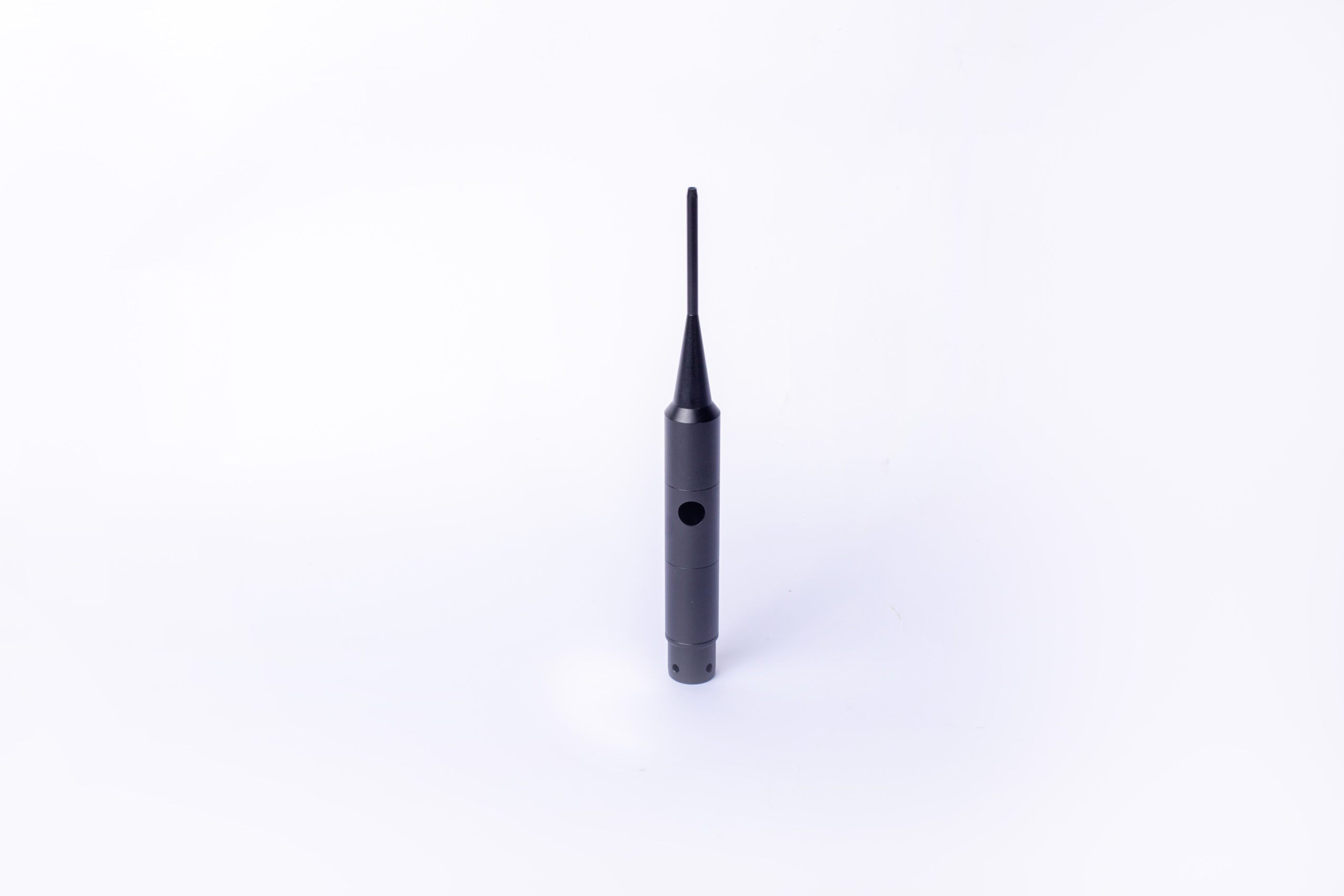
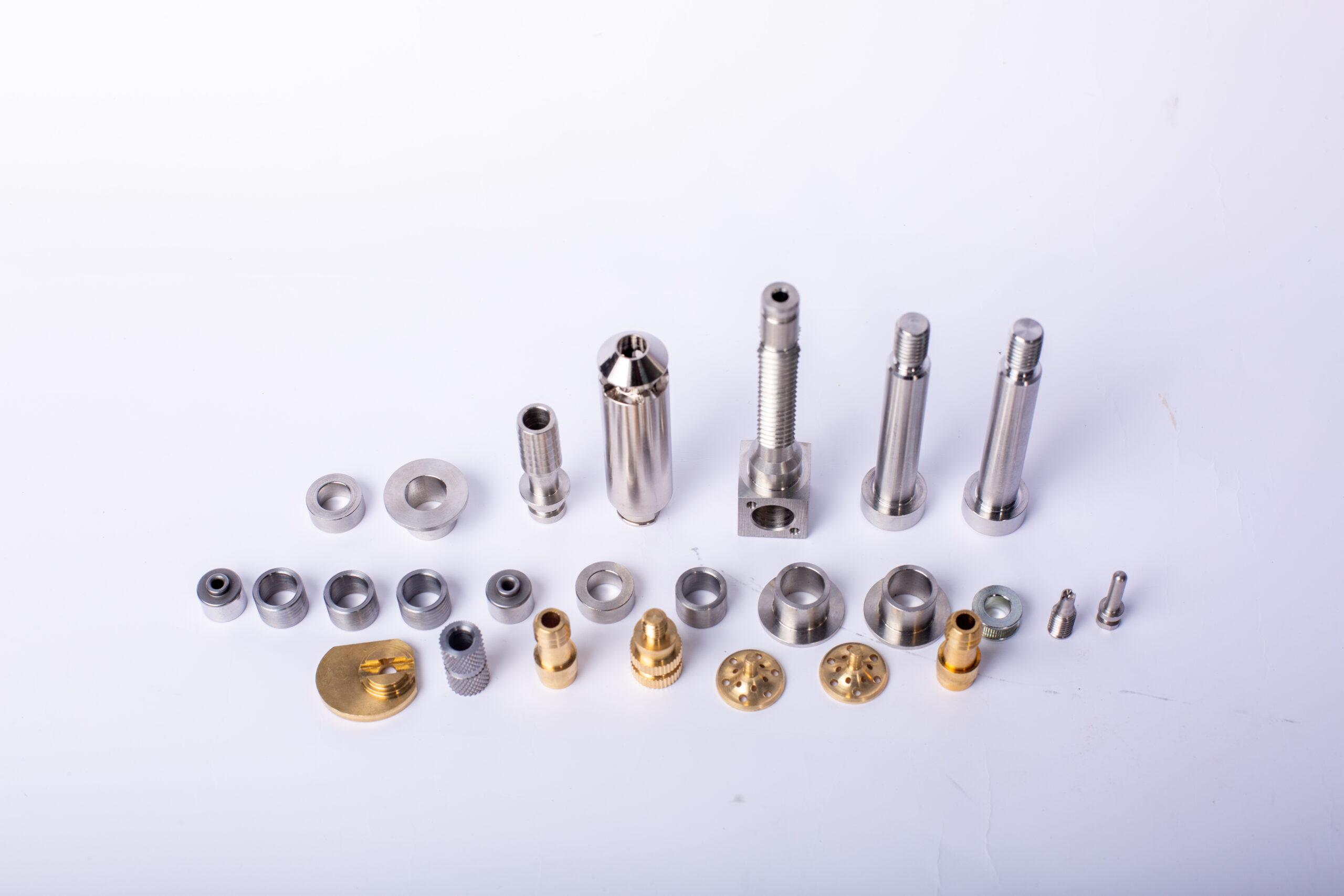
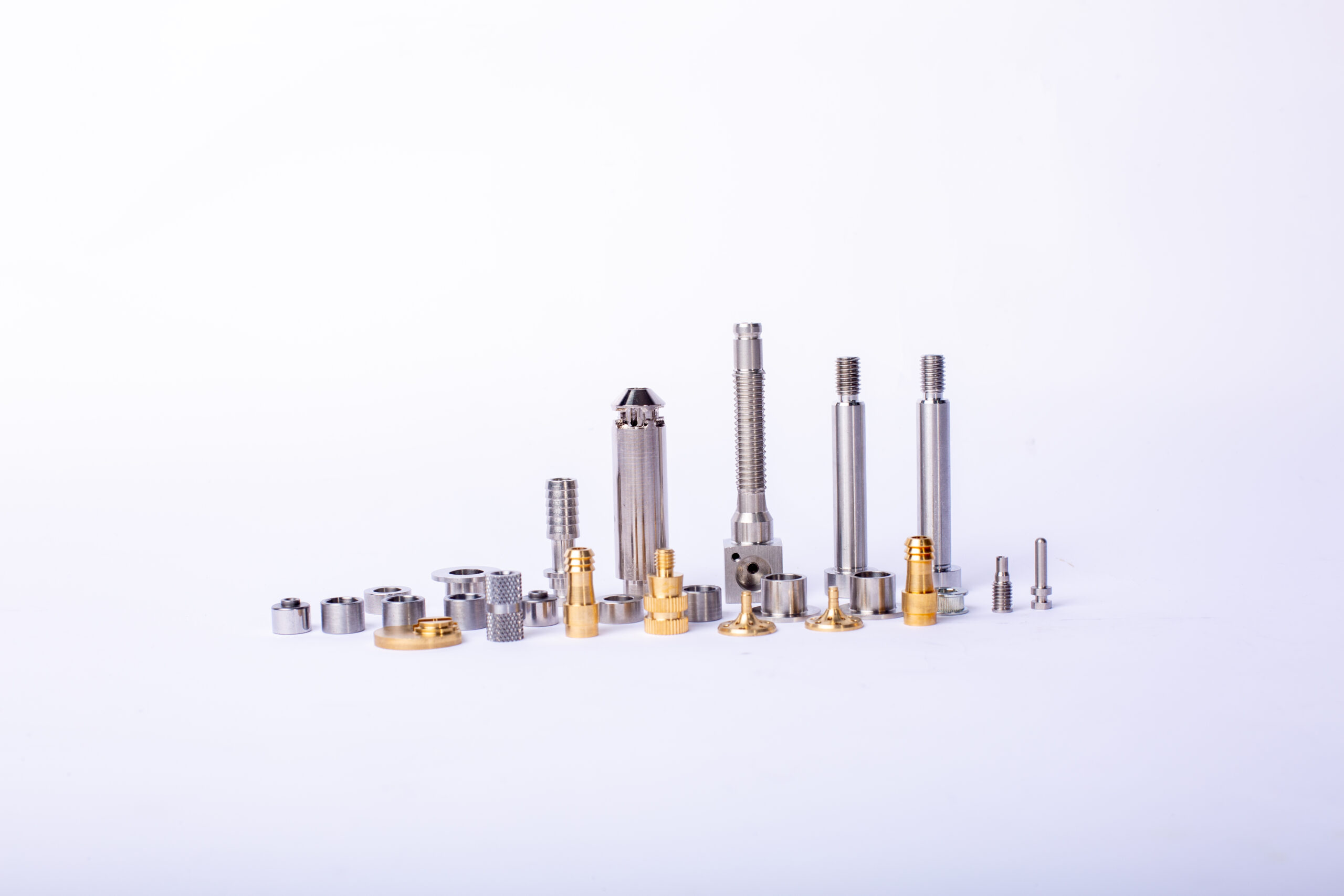
aluminum forging and steel forging FAQs Guide.
Our company is dedicated to providing high-quality aluminum forging and steel forging products to meet the needs of various industries. With advanced technology and skilled craftsmanship, we have become a leading manufacturer in the field of aluminum forging and steel forging. Our products are widely used in aerospace, automotive, and construction industries, just to name a few. We take great pride in our products as they are not only durable and reliable, but also lightweight and eco-friendly. Through this introduction, we hope to showcase the versatility and excellence of our aluminum forging and steel forging products. Thank you for choosing us as your trusted provider of top-notch aluminum forging and steel forging products.
1.Can aluminum be forged at room temperature?
We focus on our customers’ needs and strive to meet their expectations, so we take this very seriously.
No, aluminum cannot be forged at room temperature. It must be heated to a temperature of at least 700°F (371°C) before it can be forged.
2.Can aluminum forging and steel forgings be welded or brazed?
Being one of the top aluminum forging and steel forging manufacturers in China, We attach great importance to this detail.
Yes, aluminum forgings can be welded or brazed. However, it is important to note that aluminum is a difficult material to weld and requires special techniques and equipment. Brazing is often the preferred method for joining aluminum forgings, as it is less likely to cause warping or cracking.
3.Can computer-aided design (CAD) be used in the aluminum forging and steel forging process?
We have broad development space in domestic and foreign markets. aluminum forging and steel forging have great advantages in terms of price, quality, and delivery date.
Yes, CAD can be used in the aluminum forging process. CAD software can be used to create 3D models of the parts that need to be forged, which can then be used to create the necessary tooling and dies for the forging process. CAD can also be used to simulate the forging process, allowing engineers to optimize the process and ensure that the final product meets the desired specifications.
4.How does the cost of aluminum forging and steel forging compare to other metal forging processes?
We have advanced production equipment and technology to meet the needs of customers, and can provide customers with high quality, low priced aluminum forging and steel forging products.
The cost of aluminum forging is typically lower than other metal forging processes due to the lower cost of aluminum compared to other metals. Aluminum is also easier to work with than other metals, which can reduce the cost of labor and production time. Additionally, aluminum is a lightweight metal, which can reduce the cost of shipping and handling.
5.How do environmental factors, such as temperature and humidity, affect the aluminum forging and steel forging process?
We focus on teamwork and communication to achieve common goals, We attach great importance to this detail.
Temperature and humidity can have a significant impact on the aluminum forging process. High temperatures can cause the aluminum to become too soft and malleable, making it difficult to form into the desired shape. Low temperatures can cause the aluminum to become too brittle and crack during the forging process. High humidity can cause the aluminum to become sticky and difficult to work with, while low humidity can cause the aluminum to become too dry and brittle. Additionally, high temperatures and humidity can cause the aluminum to corrode more quickly, leading to a shorter lifespan for the forged product.
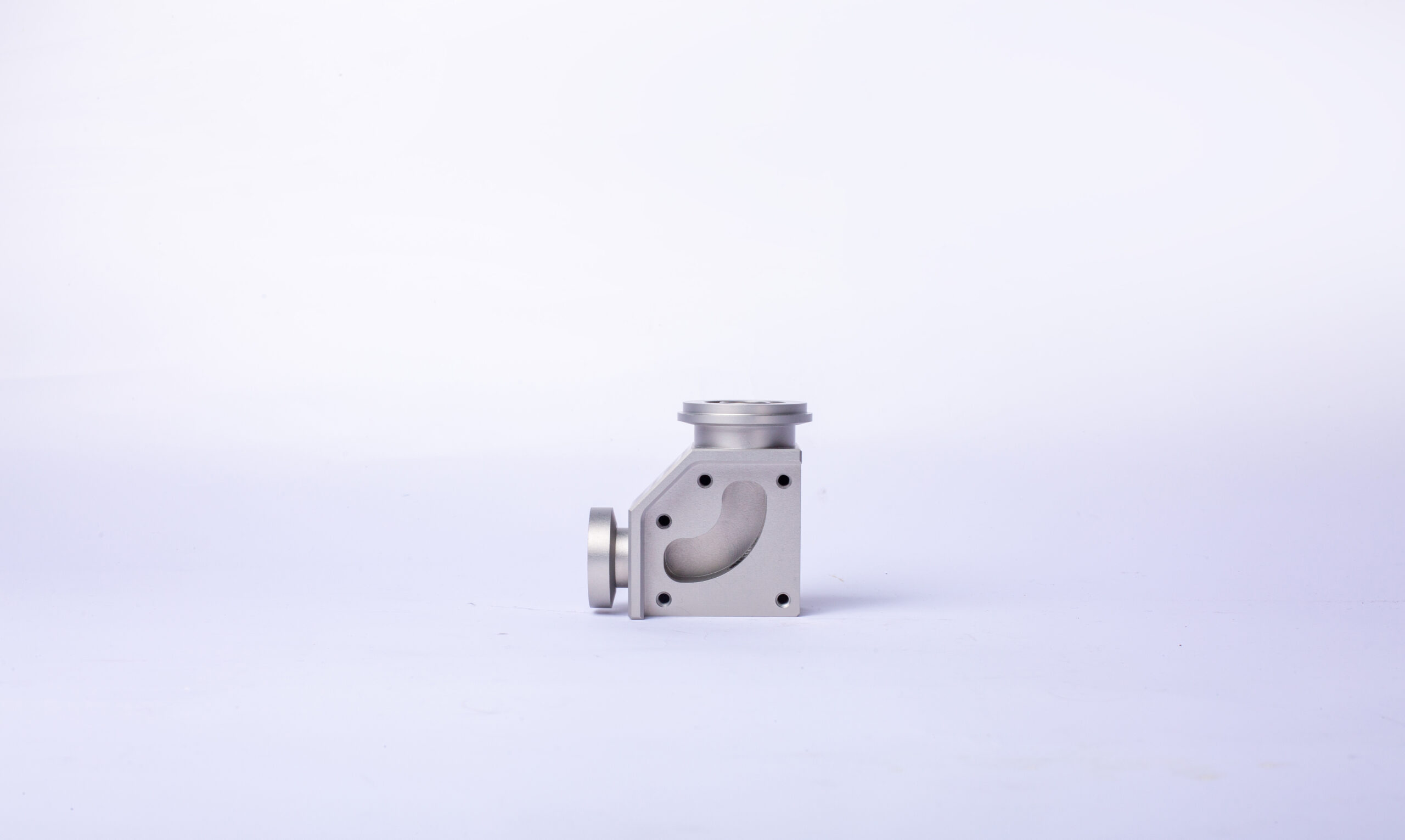
6.What are the different heat treatment processes used for aluminum forging and steel forgings?
We have a first -class management team, and we pay attention to teamwork to achieve common goals.
1. Solution Heat Treatment: This process involves heating the aluminum forging to a temperature above its solidus temperature and then rapidly cooling it. This process is used to improve the strength and hardness of the aluminum forging.
2. Aging: This process involves heating the aluminum forging to a temperature below its solidus temperature and then allowing it to cool slowly. This process is used to improve the strength and hardness of the aluminum forging.
3. Annealing: This process involves heating the aluminum forging to a temperature above its solidus temperature and then allowing it to cool slowly. This process is used to improve the ductility and machinability of the aluminum forging.
4. Stress Relieving: This process involves heating the aluminum forging to a temperature below its solidus temperature and then allowing it to cool slowly. This process is used to reduce internal stresses in the aluminum forging.
5. Normalizing: This process involves heating the aluminum forging to a temperature above its solidus temperature and then allowing it to cool in air. This process is used to improve the strength and hardness of the aluminum forging.
7.Can exotic alloys be used in aluminum forging and steel forgings?
Yes, exotic alloys can be used in aluminum forgings. Exotic alloys are typically used in aluminum forgings to increase strength, corrosion resistance, and other properties. Common exotic alloys used in aluminum forgings include titanium, magnesium, and copper alloys.
8.How does the choice of alloy affect the properties of aluminum forging and steel forgings?
We have been working hard to improve service quality and meet customer needs.
The choice of alloy affects the properties of aluminum forgings in a variety of ways. Different alloys have different levels of strength, ductility, corrosion resistance, and other properties. For example, some alloys are stronger and more durable than others, while some are more resistant to corrosion. Additionally, some alloys are better suited for certain applications than others. For example, some alloys are better suited for high-temperature applications, while others are better suited for low-temperature applications.
9.What are the properties of aluminum that make it suitable for forging?
We have the leading technology and innovation capabilities, and attach importance to employee training and development, and provide promotion opportunities.
1. Aluminum is lightweight and strong, making it ideal for forging.
2. Aluminum has a low melting point, making it easy to shape and form.
3. Aluminum is corrosion-resistant, making it suitable for outdoor applications.
4. Aluminum is malleable and ductile, making it easy to work with.
5. Aluminum is a good conductor of heat and electricity, making it suitable for electrical components.
6. Aluminum is non-magnetic, making it suitable for use in sensitive electronic equipment.
7. Aluminum is relatively inexpensive, making it a cost-effective choice for many applications.
10.Are there any surface treatment options for aluminum forging and steel forgings?
Our aluminum forging and steel forging products undergo strict quality control to ensure customer satisfaction.
Yes, there are several surface treatment options for aluminum forgings, including anodizing, powder coating, painting, and plating. Anodizing is a process that creates a protective oxide layer on the surface of the aluminum, while powder coating and painting are used to add color and texture to the surface. Plating is used to add a layer of metal to the surface of the aluminum, such as chrome or nickel.
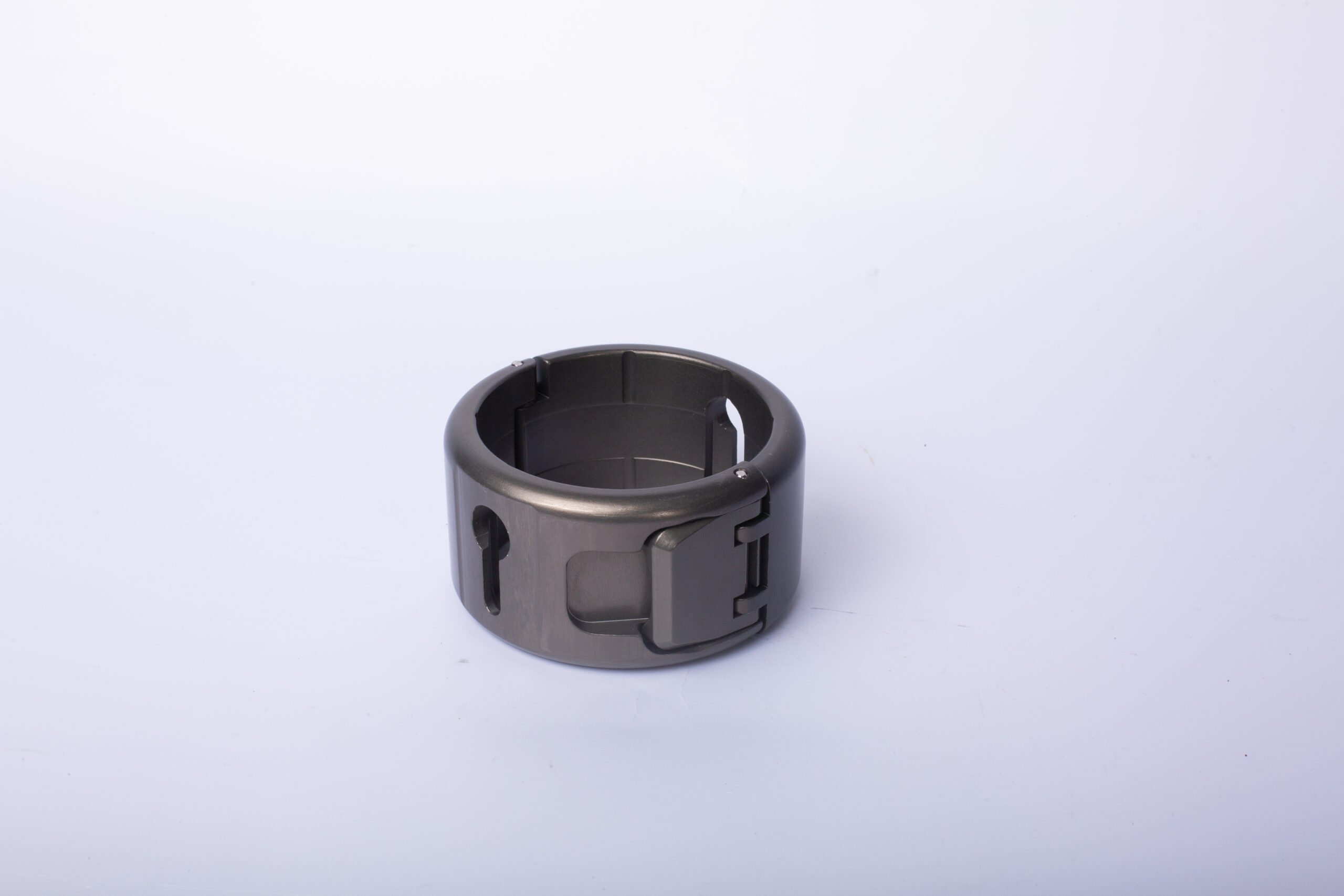
11.What types of products can be made through aluminum forging and steel forging?
We pay attention to the introduction and training of talents, scientifically regulate the management system, and focus on cultural construction and team cohesion.
Aluminum forging can be used to create a wide variety of products, including automotive parts, aerospace components, hand tools, medical instruments, and industrial machinery. Aluminum forgings can also be used to create decorative items such as sculptures, jewelry, and architectural elements.
12.Are there any environmental benefits of using aluminum forging and steel forging?
We pay attention to user experience and product quality, and provide the best product quality and lowest production cost for cooperative customers.
Yes, aluminum forging offers several environmental benefits. Aluminum is a lightweight, durable, and recyclable material, which means that it can be reused and repurposed multiple times. This reduces the amount of energy and resources needed to produce new aluminum products. Additionally, aluminum forging is a more efficient process than other metal forming techniques, which reduces energy consumption and emissions. Finally, aluminum is a non-toxic material, which means that it does not release any hazardous chemicals into the environment.
13.What is aluminum forging and steel forging?
We focus on innovation and continuous improvement to maintain a competitive advantage.
Aluminum forging is a metalworking process in which heated aluminum is shaped into desired shapes and sizes by applying compressive forces. It is a process that is used to create complex shapes and parts from aluminum. The process involves heating the aluminum to a temperature that is just below its melting point and then using a hammer or press to shape it into the desired shape. Aluminum forging is used in a variety of industries, including aerospace, automotive, and medical.
Tag:china forged aluminum wheels,cold forge aluminum,aluminum open die forge temperature,forged aluminum flywheel,cold forging aluminum heat sink
Product Inquiry
We will respond within 12 hours, please pay attention to the email “@163.com” or “@alumforge.com”.
Also, you can go to the Contact Page, which provides a more detailed form, if you have more inquiries for products or would like to obtain OEM service.
Our sales experts will respond within 24 hours, please pay attention to the email with the suffix “@163.com”.